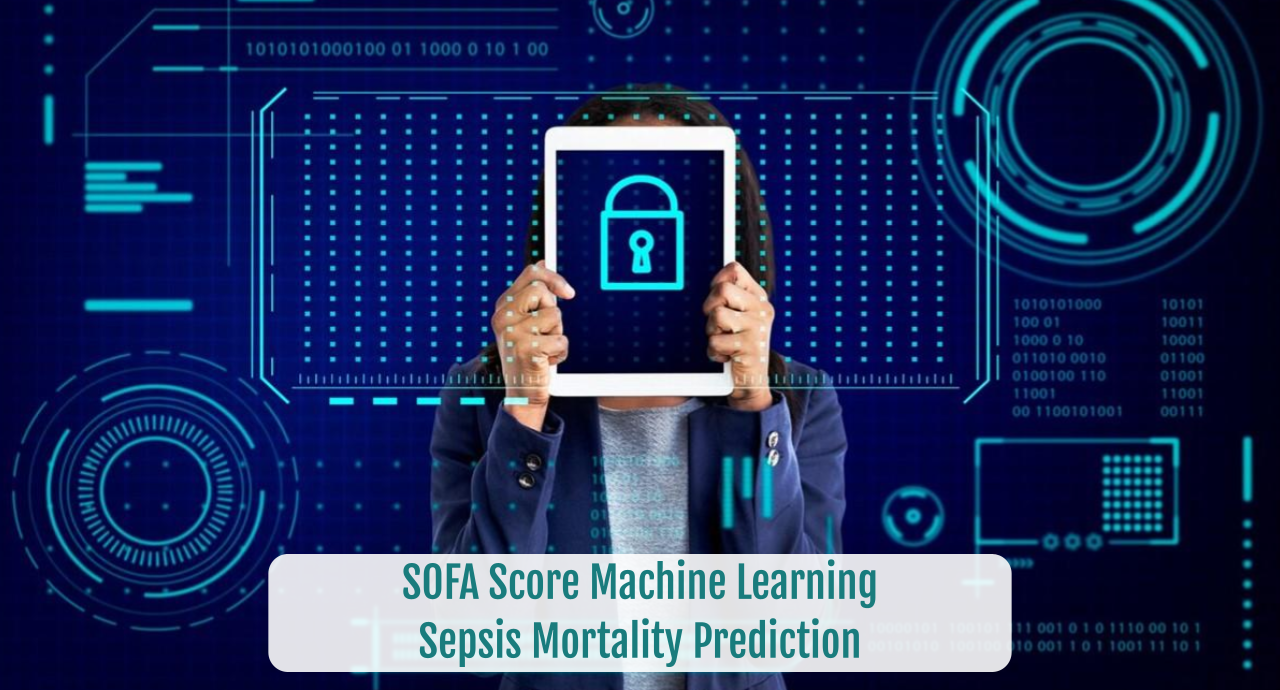Smelling Sepsis with Electronic Nose (eNose) Technology
Smelling Sepsis with Electronic Nose (eNose) Technology SUMMARY:Microorganisms can release volatile organic compounds (VOCs) released through exhaled air, producing unique odors.Exhaled breath analysis is a likely and promising alternative to disease detection.eNose measurements can identify sepsis among patients with a suspected infection. REVIEW:Human exhaled air contains trace amounts of VOCs.A Breath Biopsy










